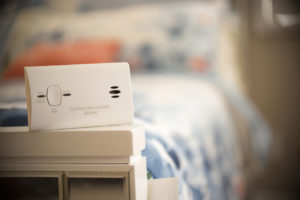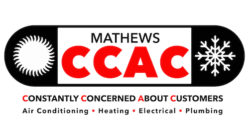
Smells
All natural gas smells like rotten eggs called mercaptan. The odor is one of the most offensive to humans, which is producers use it.
Sounds
You may hear a hissing sound from a leaking gas line. If you hear such a sound in an area where there might be a gas line close by, leave the area quickly. Do not turn off any appliances or light switches and don’t call from the area. The slightest spark can explode the gas. Once you’re safely away, call the gas emergency number of 911.
Sights
If you notice that the vegetation in your yard is dying off in a straight line and the rest of it is intact, you might have an underground gas leak. Other signs are bubbles coming up from wet areas or fine particles of dirt blowing upward from dry ground. Appliances that burn with a yellow flame also indicate gas line problems.
Service
Your gas company can inspect the outdoor lines in your neighborhood. In fact, part of the charges you pay to have gas go toward constant gas line inspections performed by gas company professionals. Federal law requires these companies to inspect the pipes for gas leaks on a continual basis.
Your HVAC contractor will also check the gas lines leading to your furnace during the annual furnace inspection and maintenance visit. Not only will the HVAC pro look for leaks, he or she will also check for carbon monoxide coming from the furnace and its vent or chimney.
Being aware of the signs of gas leaks can prevent serious accidents and injury. To learn more about safeguarding your home, contact CCAC, providing HVAC services for Coastal Bend homeowners.
Our goal is to help educate our customers in Corpus Christi, Texas about energy and home comfort issues (specific to HVAC systems). For more information about your HVAC system, download our free Home Comfort Guide or call us at 361-678-2495.












